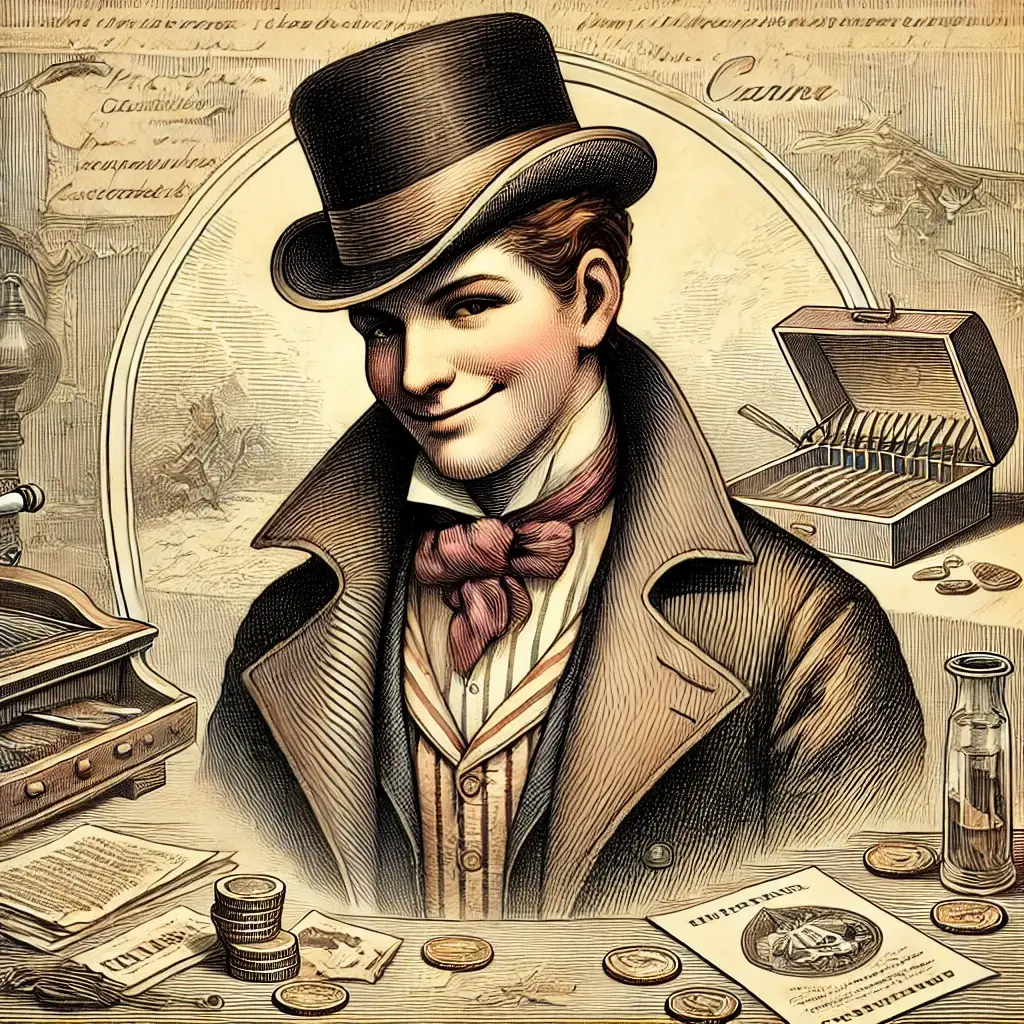Leadership has the power to shape societies, economies, and global relations. At its best, ethical leadership fosters trust, stability, and progress. At its worst, unethical leadership creates division, corruption, and despair. By examining historical and contemporary examples of unethical leadership, we warn of the potential future consequences if such practices continue unchecked. The trajectory of such a future offers stark lessons and an urgent call to action.
Lessons from the Past: The Consequences of Corruption and Oppression
History offers numerous examples of unethical leadership, with catastrophic consequences for humanity. Adolf Hitler’s reign of terror in Nazi Germany (1934–1945) is a grim reminder of how unchecked power, coupled with misinformation, can lead to genocide and global conflict. Similarly, Joseph Stalin’s regime in the Soviet Union was marked by mass repression, forced labor camps, and famines, resulting in millions of deaths. These leaders not only violated fundamental ethical principles but also weaponized fear and propaganda to maintain control.
Even in more recent history, leaders such as Pol Pot in Cambodia (1975–1979) demonstrated how unethical leadership can decimate entire societies. Pol Pot’s regime, driven by ideological extremism and ruthless repression, led to the deaths of nearly two million people through genocide, forced labor, and starvation. These historical figures exemplify the profound damage unethical leadership can inflict when integrity and accountability are absent.
Warnings from the Present: Contemporary Leaders Under Scrutiny
Today, unethical leadership continues to threaten societies worldwide. In Israel, Prime Minister Benjamin Netanyahu faces charges of fraud, breach of trust, and bribery, raising concerns about corruption at the highest levels of government. Similarly, Rafael Correa, the former President of Ecuador, was convicted of accepting bribes in exchange for government contracts, undermining public trust in democratic institutions.
In South Africa, Julius Malema’s alleged involvement in financial scandals has eroded confidence in leadership within the Economic Freedom Fighters (EFF) party. Meanwhile, leaders like Zhong Yang in China exemplify how personal misconduct and corruption can tarnish public office. These contemporary cases highlight how unethical behavior, when left unchecked, corrodes the foundations of governance and democracy.
A Projection of the Future: The Cost of Unethical Leadership
If the patterns of unethical leadership persist, the future will be marked by institutionalized corruption, widespread repression, and global instability.
- Institutionalized Corruption: Leaders prioritizing personal gain over public good establish systems where bribery, nepotism, and fraud become the norm. Public trust in government institutions erodes entirely, leading to widespread disengagement from civic responsibilities. Wealth and power concentrate further, exacerbating social and economic inequalities.
- Increased Repression of Dissent: Advances in surveillance technologies and artificial intelligence are weaponized to monitor and silence dissent. Freedoms of speech and assembly disappear, replaced by fear and coercion. Future leaders wield these tools to maintain their grip on power, much like authoritarian regimes of the past and present.
- Global Instability and Alliances of Convenience: International relations become transactional, with alliances formed purely for short-term gains. This lack of ethical diplomacy heightens the risk of conflicts and reduces cooperation on pressing global issues such as climate change and public health.
- Economic Collapse Fueled by Mismanagement: Mismanagement and greed, as seen in cases like the VBS Mutual Bank collapse in South Africa, scale globally. Public funds are siphoned off for personal use, leading to economic crises, mass unemployment, and civil unrest.
- Pervasive Misinformation: Leaders reliant on misinformation to manipulate public opinion create societies incapable of distinguishing truth from lies. Trust in media and institutions vanish, leaving populations divided and easily exploited.
- Erosion of Ethical Standards: As unethical behavior becomes normalized, future generations view dishonesty and exploitation as acceptable traits in leadership. The concept of integrity fades, leaving societies bereft of moral and ethical guidance.
The Call to Action: Rebuilding Integrity in Leadership
While history and contemporary events provide stark warnings, they also offer an opportunity to course-correct. The antidote to unethical leadership lies in fostering a culture of integrity, transparency, and accountability. Organizations like U-PAC play a critical role in this effort by:
- Promoting Ethical Leaders: Supporting individuals who demonstrate a commitment to truth and the greater good.
- Educating the Public: Empowering citizens to recognize and resist misinformation and hold leaders accountable.
- Advocating for Systemic Change: Pushing for reforms that increase transparency and reduce opportunities for corruption.
Conclusion
The lessons of the past, the warnings of the present, and the projections of the future underscore the urgent need for integrity in leadership. History shows that unethical leadership leads to suffering and instability, while ethical leadership fosters trust, unity, and progress. By learning from these examples and committing to change, we can build a future where integrity prevails and leadership truly serves the people.

